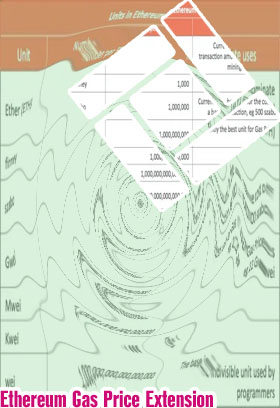- Bitcoincom exchange
- Buy cryptocurrency
- Apps cryptocurrency
- Bit coin price in us
- Best crypto to buy on binance
- Shop with crypto
- Btc broker
- Shiba inu coin cryptocurrency
- Btc converter to usd
- Highest bitcoin price ever
- Cryptocurrency bitcoin price
- Wallet for crypto
- When did btc come out
- Cash to bitcoin converter
- Litecoin vs bitcoin
- How is crypto taxed
- Cryptocurrency prices
- Cryptocurrency to buy
- Where to buy ethereum max
- Where to buy crypto
- Where to buy nano dogecoin
- Buy polka dot crypto
- How many btc are there
- How much is pi crypto worth
- 270 addresses are responsible all cryptocurrency
- Convert bitcoins to cash
- When could you first buy bitcoin
- Buy bitcoin online
- Bitcoin strength indicator
- Ohm crypto
- How to transfer money from cryptocom to bank account
- Crypto com not letting me buy
- Why computers won up cracking bitcoin
- Gas fees eth
- How to buy safemoon on cryptocom
- Cryptocom sell to fiat wallet
- Eternal crypto
- Tax on crypto
- Defi ethereum wall
- Nft crypto coins
- Dogecoin 20 where to buy
- Cryptocurrency company
- Make btc
- Moon currency
- Buy bonfire crypto
- Bitcoins lowest price
- Btc live price
- Bitcoin euro

Eth gas
What Are Ethereum Gas Fees? How ETH Network Fees Work
If there are \(n\) resources that have distinct safety limits, then one-dimensional gas plausibly reduces throughput by up to a factor of \(n\). For this reason, there has for a long time been interest in the concept of multi-dimensional gas, and with EIP-4844 we actually have multi-dimensional gas working on Ethereum today. This post explores the benefits of this approach, and the prospects for increasing it further. Ether gas price Ethereum gas fees are the fees charged by nodes on the new ETH 2.0 Proof of Stake protocol, to processing transactions on the Ethereum blockchain. These fees are paid in addition to the transaction's base fee, which is a small amount of ether that is required to send any transaction. In this blog, we'll talk about different ways to avoid gas fees.
Eth gas fees today
GitHub Community 80% Probability Beacon chain balances -

Convert Gas to Ethereum
Ethereum’s surging gas fees continue to raise concern—making DeFi all but unusable for the average trader and the ETH price falling drastically to $1,580.63 last night. What Are the Factors Affecting Gas Fees? A gas tracker for Ethereum typically displays the current gas price, gas limit, and estimated transaction cost in ether or another cryptocurrency. Users can use this information to decide whether to send a transaction or wait for gas prices to decrease. Some gas trackers also provide historical data and charts to help users analyze gas price trends over time.
Ethereum gas fees right now
Blocknative Gas Estimator is another prominent ETH gas tracker. This tool inspects all pending public Ethereum transactions, and leverages advanced machine-learning models to deliver accurate gas fee predictions. What’s more, Blocknative Gas Estimator offers free updates every five seconds. And commercial users can even get updated gas fee estimations once every second! Additional Info Gas and Fees: Ethereum.org
